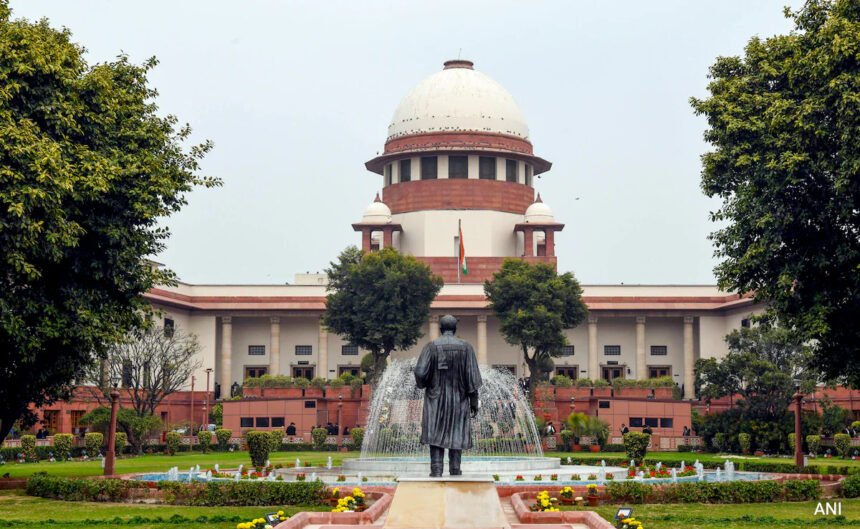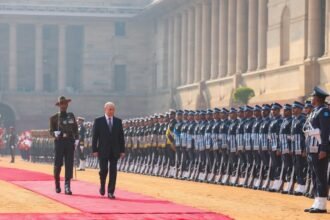The Supreme Court of India has, after a marathon 10-day hearing, reserved its verdict on a presidential reference pertaining to whether timelines can be imposed on Governors and the President for granting assent to state legislature bills. The five-judge Constitution Bench, led by Chief Justice B. R. Gavai and including Justices Surya Kant, Vikram Nath, P. S. Narasimha, and A. S. Chandurkar, heard arguments from August 19 from various state governments, the Centre, and senior advocates.
The reference was made by President Droupadi Murmu under Article 143(1) of the Constitution, asking 14 key questions. These include whether the exercise of discretion by the Governor under Article 200 is justiciable, whether there should be mandatory guidelines or timelines for granting assent, and whether the previous April 8 judgment (by a Division Bench) imposing certain timelines needs clarification or review.
During the hearing, Attorney General R. Venkataramani and Solicitor General Tushar Mehta representing the Centre argued that although Governors cannot sit indefinitely on bills, imposing fixed deadlines or treating their discretionary powers as straitjackets could impinge on constitutional structure and separation of powers. Opposition-ruled states, including Tamil Nadu, Kerala, West Bengal, Karnataka, and others, countered that without such timelines, state legislatures are left vulnerable to unreasonable delays and obstruction by Governors.
The Bench also questioned whether the Supreme Court can remain passive if Governors or the President fail in their constitutional duties. Chief Justice Gavai, during the proceedings, asked whether the Court, as “custodian of the Constitution”, has to sit idle when a constitutional functionary fails to act.
Implications & What to Watch
- Constitutional Clarity vs. Discretion: The verdict could define the balance between state autonomy (via Governors’ discretionary powers) and legislative efficacy (ensuring bills passed by assemblies aren’t stalled indefinitely).
- Federal Relations: Non-BJP ruled states, which have frequently accused Governors from opposing parties of delaying bills, will closely observe this decision. It may reduce friction in centre-state relations.
- Precedents Matter: Earlier, in State of Tamil Nadu v. Governor of Tamil Nadu (April 2025), a Division Bench had given timelines for Governors to approve or return bills. This reference might affirm or modify components of that ruling.
- Judicial Role: The Supreme Court’s choice to reserve its verdict signals the sensitivity and broad constitutional impact of the case. Whatever its decision, it will set a precedent for how long governments and constitutional functionaries can defer action while respecting constitutional separation of powers.















